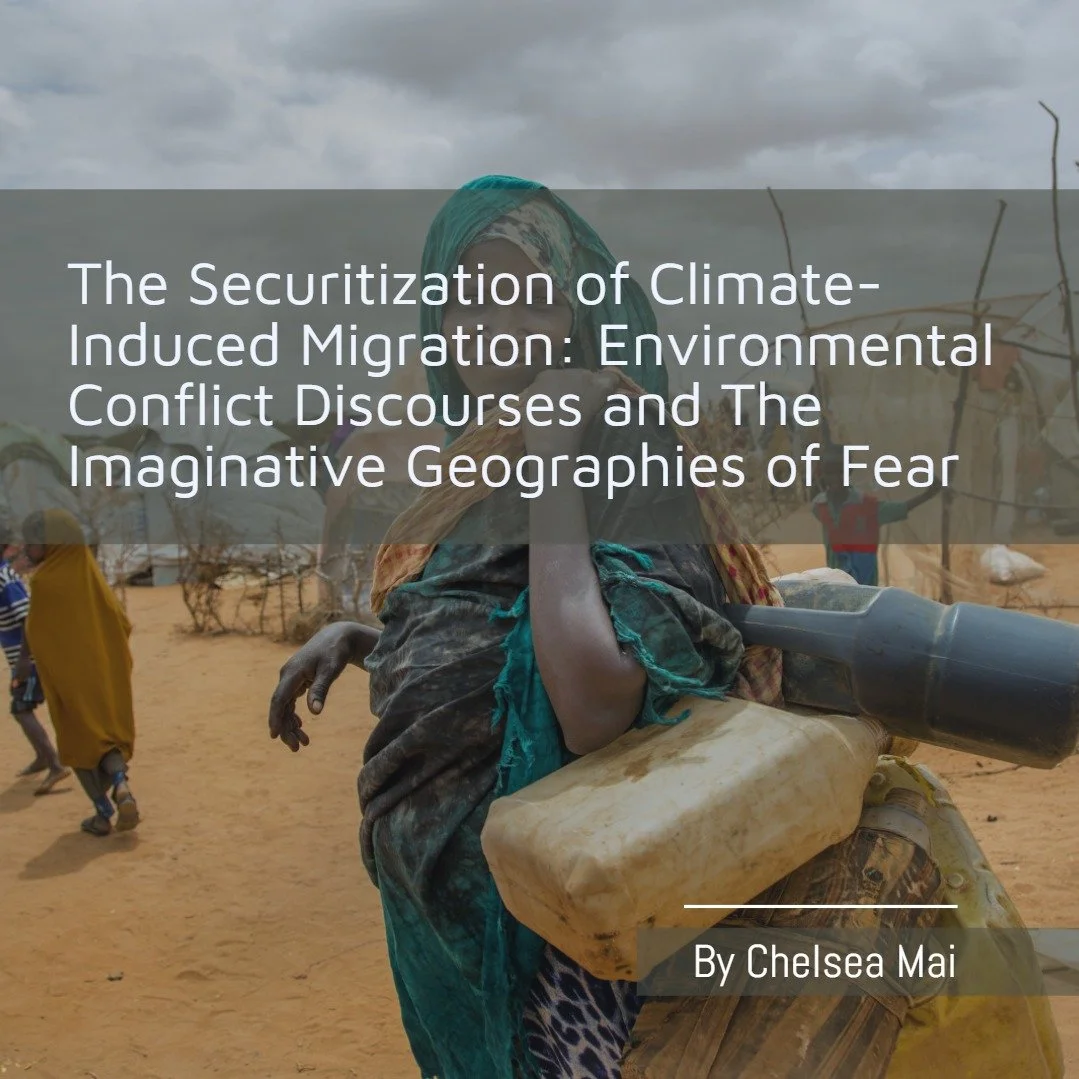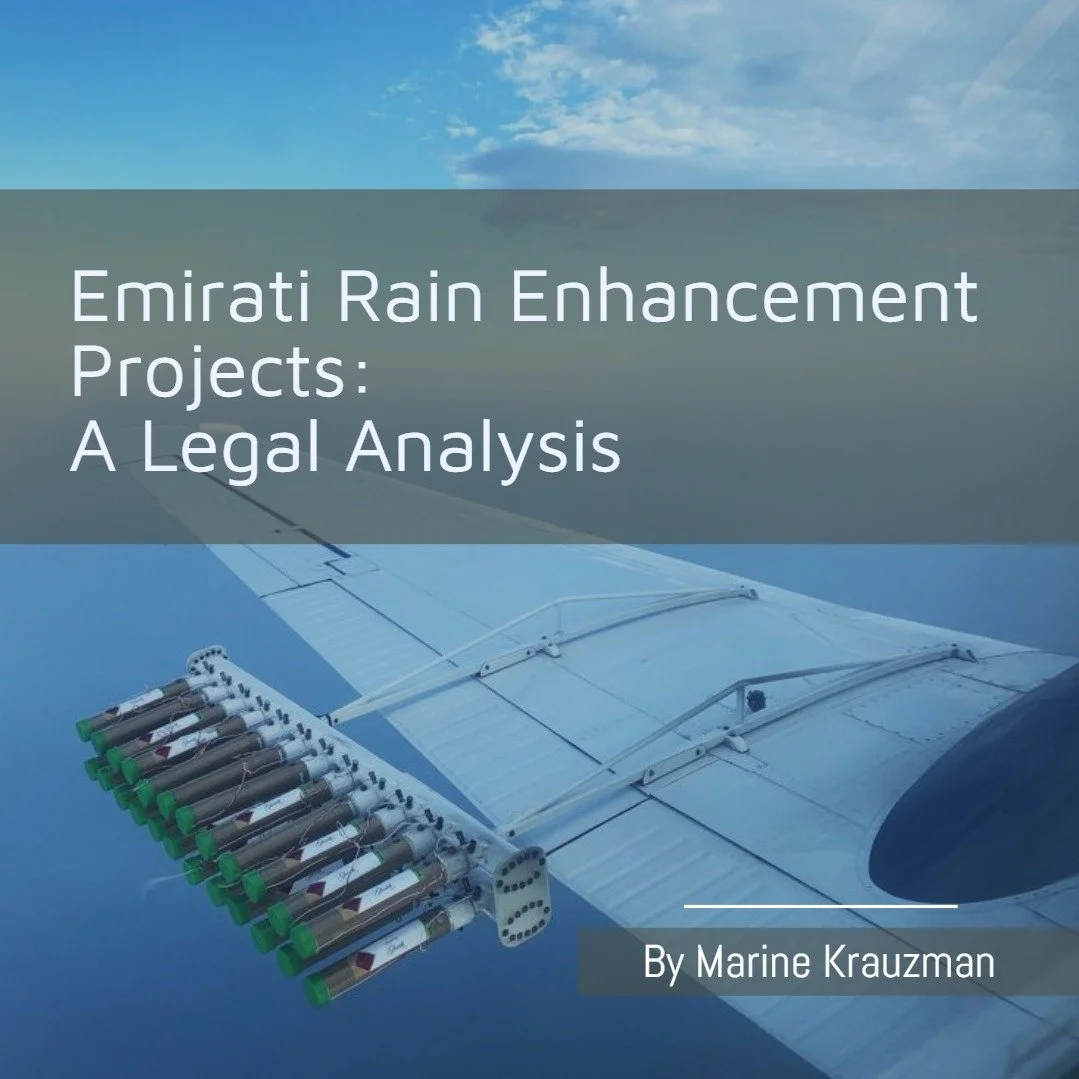ABSTRACT
Discourse constructed by the Brazilian military dictatorship framed deforestation as a tool to secure the nation and develop the Amazon region. This strategy has been revived by the current government of Jair Bolsonaro, despite its discordance with both the Brazilian population’s own perception of security and with Brazilian law, which defines unauthorised deforestation as a crime. The non-compliance with environmental norms produces manifold negative consequences not only for Brazilian society but also for the state, as it weakens the authority of legal institutions and may compromise positive diplomatic relations with other nations. Furthermore, in contrast to the governmental narratives, the destruction of the forest for cattle breeding and agricultural fields, in reality, does not generate profitable economic consequences for the Brazilian state and does not accelerate development in the Amazon region.
BY ANA JULIA DANTAS
INTRODUCTION
Large-scale deforestation of the Amazon started predominantly in the 1970s with the construction of the Transamazon Highway and the creation of the Free Zone of Manaus [1]. The military dictatorship governments aimed to develop and integrate the Amazon region into the national economy [2]. To promote this integration, the Brazilian state provided tax incentives and government subsidies for agriculture and cattle breeding, demonstrating a campaign of state-driven deforestation and neglection of environmental concerns throughout the 1970s and 1980s [3]. Additionally, they framed deforestation as a tool to secure the country following the United States’ national security doctrine at the time, which sought to avoid communist insurgencies organised in forested regions (a common phenomenon in Latin America during the Cold War) [4].
The current Brazilian president Jair Bolsonaro has enacted a similar strategy. His governmental public policies re-establish discourse that associates environmental degradation to development and security. This is evident in the government’s attempt to eliminate environmental bureaucracies and loosen deforestation fiscalisation, efforts which the administration claims will best address the country’s infrastructural challenges and develop its economy [5]. The decrease in the monitoring of environmental crimes increased deforestation rates by 9.5% in 2020 compared with 2019 [6].
Although Amazon deforestation undoubtedly exacerbates worldwide biodiversity loss and amplifies environmental insecurity, it is not within the scope of this article to scrutinise these issues. On the other hand, the work does not intend to reduce national security to its traditional military dimensions. Instead, it argues that deforestation itself is detrimental for both the national security and national interests of Brazil — in legal, economic and diplomatic terms – despite recent governmental narratives, which seek to minimise the consequences of further environmental degradation.
CONSEQUENCES OF DEFORESTATION FOR BRAZILIAN NATIONAL SECURITY
Deforestation jeopardises faith in existing legal institutions, as it is in disagreement with Brazilian law. The fourth chapter of the Law 9.605/98 defines – throughout 32 Articles – acts against the fauna, flora and practises that increase pollution as environmental crimes subject to punishment [7]. Under Articles 38 and 39, for example, the practice of removing trees and damaging permanently preserved forests without formal and justificable authorisation is illegal and penalisable. Article 50-A of the same law determines deforestation and economic exploitation of degraded forests within vacant areas and public domain lands as a crime [8]. Nevertheless, according to the Amazon Environmental Research Institute (Ipam), the highest rates of deforestation (totalling 28%) between August 2020 and July 2021 occurred illegally in public lands through unlawful invasions [9].
In a similar line to the Law 9.605/98, the Brazilian Constitution attributes to the state, in Article 23, the responsibility to protect the forests, fauna and flora, and to control pollution [10]. Yet, the Imazon Institute estimates that only 20% of all Amazonian deforestation since the 1970s was executed in a legal manner [11]. Thus, the government’s reduction of monitoring, and incentivisation of nature's destruction, go against Brazilian law [12].
The association of deforestation to the provision of security and development represents not only a violation of the Brazilian Constitution but also a discrepancy between the population’s and the state's conceptions of security [2]. In the case of the Amazon region’s population, their perception of security is embedded in the proper enforcement of law and the guarantee of basic rights, such as the rights to life and private property (guaranteed in Article 5 and 62, respectively) [10]. The impunity of illegal environmental practices threatens the population’s security and wellbeing, as it leads to an escalation of other crimes by illegal miners and loggers, which include encroachment, smuggling, sexual violence and murder [13]. While the unpunished breach of the law poses a threat to the survival of the Amazonian communities, it is also detrimental for the state as it may generate an understanding that the state is failing to provide security, which could lead to a questioning of its legitimacy.
Bolsonaro’s government lacks not only the capacity but also the will to enforce law. This is evident in the reduction of the Ministry of the Environment's funds by 240 million reais (approximately 42 million USD) in 2021, which directly affects fiscalisation and controlling programmes [14]. Moreover, the arbitrary and unjustified removal of environment inspectors who oppose the interests of Brazil’s agrarian elites is a current practice of Bolsonaro’s government. Since the beginning of his presidential mandate, around 10% of the staff within environmental agencies have been dismissed or exonerated [15].
Bolsonaro’s strategy is also impolitic because it is not economically beneficial for the state, as deforestation is often characterised by tax evasion and damage to the supply of freshwater. It is estimated that approximately 345 square kilometres of aquatic areas are lost per year, as a consequence of the high rates of deforestation [16]. To address this issue, government spending is required. Additionally, maintaining the Amazon would be more profitable for the state as it could increase sustainable tourism revenues and expand opportunities for scientific innovation [13]. Even though nature can not be priced, according to Britaldo Soares Filho’s 2018 study, protecting the forest produces 737 USD per hectare per year for the economy, while animal agriculture generates approximately 40 USD per hectare in the same period [17]. Furthermore, even for the agribusiness it is negative, because the non-compliance of international environmental norms evades international investments and hinders Brazil’s exportation of meat and agricultural products [18]. It also inhibits the conclusion of Mercosur and the European Union’s commercial agreement, given one of its foundational criteria is sustainable development. Rather, the agreement will not be signed if the deforestation rates in Brazil continue at current rates [19].
The standby situation between Mercosur and the European Union (EU) is economically but also diplomatically detrimental. Namely, it undermines existing relations between Brazil and both EU and Mercosur member states, who are prevented from the agreement’s potential benefits [19]. Already, the rise in Amazon deforestation rates has culminated in the block of the Amazon Fund and compromised relations with Germany and Norway [15]. Thus, the lack of legal action by the Brazilian state against environmental crimes leads to diplomatic challenges and undermines the bargaining power and the position of Brazil within the international system [20].
CONCLUSIONS
The substitution of the rainforest for soy plantation and beef production does not bring development to the Amazon region nor does it secure the Brazilian state. In fact, the consequences of Amazonian deforestation go beyond ecological, human and cultural harm. It delegitimises the state’s authority and Brazilian law, as it is based on criminal acts that go unpunished, revealing the fragility of legal institutions and the unwillingness of the government to enforce the law. Even further, the governmental indisposition to protect the forest and the impunity of environmental crimes lead to an increase of violence in the Amazon region, which threatens the local populations’ wellbeing and security. As the majority of deforestation occurs illegally, tax control and collection by the government is prevented. Furthermore, the rejection of environmental norms undermines the exportation of Brazilian meat and raw materials, impacting the state negatively in terms of its economical and foreign affairs landscape. Conclusively, deforestation is counterproductive for the national security and interests of Brazil, as it feeds criminality, generates disadvantageous results for the economy and undermines Brazilian diplomatic relations.
REFERENCES
[1] Souza, M (2019) História da Amazônia: do período pre-colombiano aos desafios do século XXI. 2. ed. Rio de Janeiro: Editora Record.
[2] McDonald, M (2003) ‘Environment and security: Global eco-politics and Brazilian deforestation’. Contemporary Security Policy, 24(2), pp. 69–94.
[3] Fearnside, P (2005) ‘Deforestation in Brazilian Amazonia: History, Rates, and Consequences’. Conservation Biology, 19(3), pp. 680–688.
[4] Stevenson, H (2017) Global Environmental Politics: Problems, Policy and Practice. Cambridge University Press.
[5] Prizibisczki, C (2021) ‘Avança no MMA pedido do Ministério da Economia para afrouxar normas ambientais’ [online], available from https://oeco.org.br/reportagens/avanca-no-mma-pedido-do-ministerio-da-economia-para-afrouxar-normas-ambientais/, accessed on 2nd November 2021.
[6] Lacerda, N (2020) ‘Desmatamento na Amazônia em 2020 já é o maior dos últimos 12 anos’ [online], available from https://www.brasildefato.com.br/2020/11/30/desmatamento-na-amazonia-e-o-maior-dos-ultimos-12-anos, accessed on the 2nd November 2021.
[7] BRASIL, Lei 9.605 (1998). Lei de 12 de fevereiro de 1998.
[8] Ibid.
[9] Ipam (2021) ‘Invasão de terras públicas foi a principal causa do desmatamento na Amazônia’ [online], available from https://ipam.org.br/invasao-de-terras-publicas-foi-a-principal-causa-do-desmatamento-na-amazonia/, accessed on 27th November 2021.
[10] BRASIL, Constituição 1988. Constituição da República Federativa do Brasil: promulgada em 5 de outubro de 1988.
[11] Imazon (2020) ‘The Amazon has deteriorated in eight years, shows unprecedented analysis carried out in nine countries’ [online], available from https://imazon.org.br/en/imprensa/the-amazon-has-deteriorated-in-eight-years-shows-unprecedented-analysis-carried-out-in-nine-countries/, accessed on 2nd October 2021.
[12] Cruz, G (2019) ‘Análise da Lei n.º 9.605/1998 e artigos da Constituição Federal de 1988, sobre os crimes ambientais e o desmatamento’ [online], available from https://jus.com.br/artigos/73972/analise-da-lei-n-9-605-1998-e-artigos-da-constituicao-federal-de-1988-sobre-os-crimes-ambientais-e-o-desmatamento, accessed on 8th October 2021.
[13] Abramovay, R (2020) Amazônia: Por uma economia do conhecimento da natureza. São Paulo: Editora Elefante.
[14] Correio Braziliense (2021) ‘Após promessa de dobrar recursos, governo corta orçamento do Meio Ambiente’ [online], available from https://www.correiobraziliense.com.br/economia/2021/04/4919825-apos-promessa-de-dobrar-recursos-governo-corta-orcamento-do-meio-ambiente.html, accessed on 30th October 2021.
[15] Shalders, A (2021) ‘Com Bolsonaro, a área ambiental já perdeu 10% dos seus servidores’ [online], available from https://www.bbc.com/portuguese/brasil-55849937, accessed on 31st October 2021.
[16] Imazon (2020) ‘A warning: human activity causing the Amazon’s waters to dry up’ [online], available from https://imazon.org.br/en/imprensa/a-warning-human-activity-causing-the-amazons-waters-to-dry-up/, accessed on 9th September 2021.
[17] Vasconcelos, M (2019) ‘R$ 7 trilhões por ano: os estudos que tentam calcular quanto a Amazônia, em pé, rende ao Brasil’ [online], available from https://www.bbc.com/portuguese/brasil-50497413, accessed on 3rd November 2021.
[18] Drummond, C (2019) ‘Política de Bolsonaro para o meio ambiente afunda a imagem do Brasil’ [online], available from https://www.cartacapital.com.br/sustentabilidade/politica-de-bolsonaro-para-o-meio-ambiente-afunda-a-imagem-do-brasil/, accessed on 6th September 2021.
[19] Negrao, H (2019) ‘Após Alemanha, Noruega também bloqueia repasses para Amazônia’ [online], available from https://brasil.elpais.com/brasil/2019/08/15/politica/1565898219_277747.html, accessed on 26th September.
[20] Passarinho, N (2019) 'Como a política ambiental de Bolsonaro afetou a imagem do Brasil em 2019 e quais as consequências disso’ [online], available from https://www.bbc.com/portuguese/brasil-50851921, accessed on 29th October 2021.











